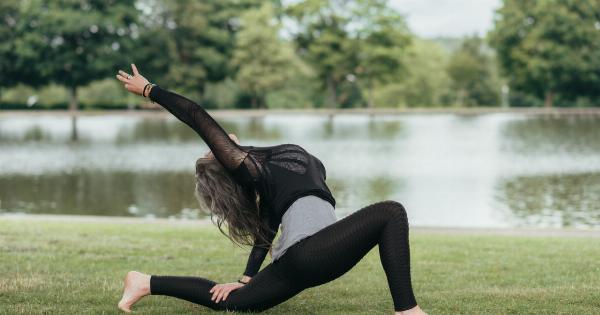Summer is the perfect time to enjoy the outdoors, but it’s important to take precautions to prevent overexposure to the sun. Sunburn, premature aging of the skin, and skin cancer are all risks associated with too much sun exposure.
Here are some tips to help you safely enjoy the summer sun:.
1. Wear Sunscreen
One of the most effective ways to protect your skin from the sun is to wear sunscreen. Choose a sunscreen with an SPF of 30 or higher that offers broad-spectrum protection against UVA and UVB rays.
Apply sunscreen 15-30 minutes before sun exposure and reapply every two hours or after swimming or sweating.
2. Cover Up
Wearing clothing that covers your skin can also help protect you from the sun. Choose lightweight, loose-fitting clothing in light colors. Long-sleeved shirts, pants, and wide-brimmed hats can provide additional protection.
3. Seek Shade
When spending time outside, try to stay in the shade as much as possible. Look for areas with trees, umbrellas, or other structures that can provide shade. Avoid being outside during the hottest part of the day, typically between 10 a.m. and 4 p.m.
4. Stay Hydrated
Drinking plenty of water can help prevent dehydration, which can be a risk during hot summer days. Aim to drink at least eight glasses of water per day, and more if you’re spending time outdoors or sweating.
5. Wear Sunglasses
Your eyes can also be damaged by the sun’s UV rays, so it’s important to wear sunglasses that offer UV protection. Look for sunglasses that block 100% of UVA and UVB rays.
6. Be Extra Careful Near Water
Water can reflect and amplify the sun’s rays, making it easier to get sunburnt or overexposed to the sun. If you’re spending time near water, take extra precautions to protect your skin.
7. Use Extra Caution at High Altitudes
The higher you go in altitude, the more intense the sun’s rays can be. If you’re spending time at high altitude, take extra precautions to protect your skin from the sun.
8. Check Your Medications
Some medications can increase your sensitivity to the sun, making you more vulnerable to sunburn or other skin damage. If you’re taking any medications, check with your doctor or pharmacist to see if they increase your sensitivity to the sun.
9. Monitor Your Skin
Regularly monitoring your skin for irregularities or changes can help you catch potential skin problems early. Look for moles, freckles, or other marks that change in size, shape, or color.
If you notice anything unusual, see a dermatologist for evaluation.
10. Know Your Risk
Some people are more vulnerable to sun damage than others. If you have fair skin, light eyes, or a history of skin cancer in your family, you may be at higher risk for skin damage from the sun.
Knowing your risk can help you take appropriate precautions to protect your skin.




























